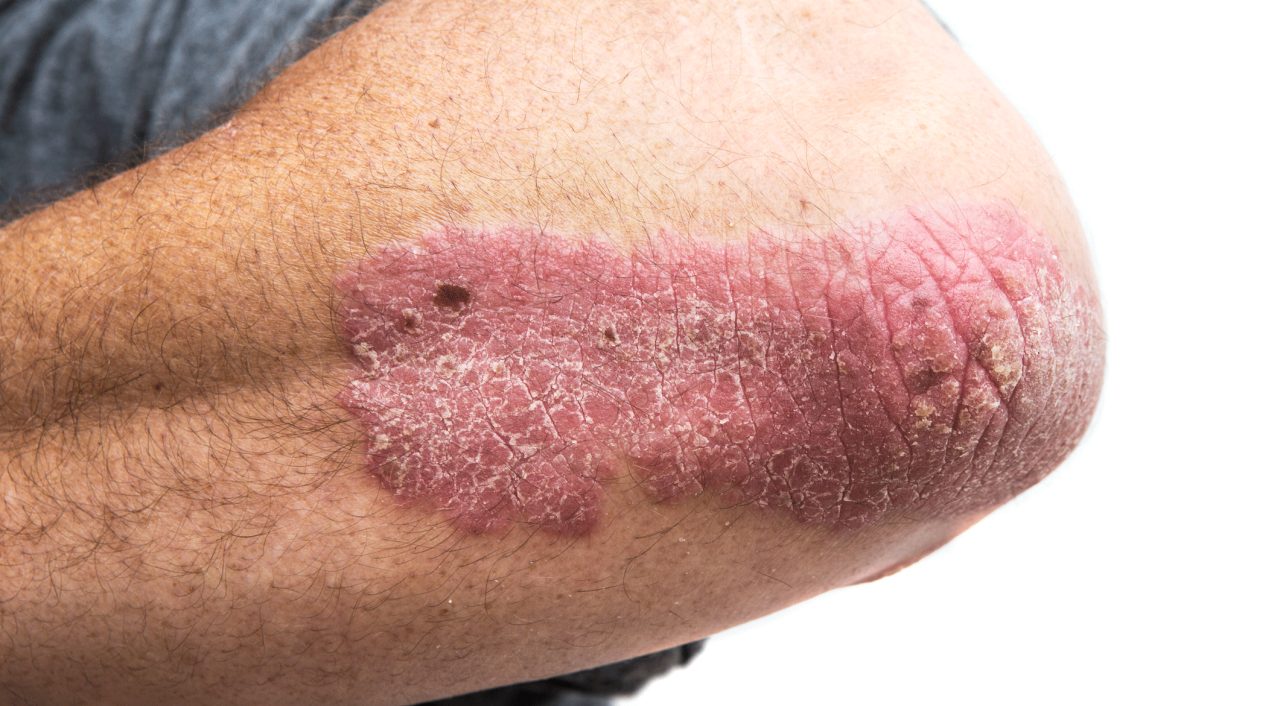Better Treatment for Psoriasis

Psoriasis attacks your immune system; medicines called biologics have radically changed treatment. How safe and effective are the new treatments for psoriasis?
When you have psoriasis, overactive T-cells in your blood collect in your skin, triggering skin cells to grow about 10 times faster than normal . You end up with thick red patches of itchy dry skin, often on your knees and elbows, and sometimes joint pain. It’s a common problem, affecting millions of people around the world. Many treatments are available, but about half of all psoriasis patients say they need a better solution.
Psoriasis is one of several autoimmune illnesses in which your immune system, designed to fight dangerous foreign cells, ends up attacking your own tissue. A new group of medications called biologics (lab-made versions of living cells) now calm down the immune system and have radically changed how autoimmune diseases are treated.
YOU MIGHT ALSO LIKE: The Link Between Psoriasis and Diabetes
Methotrexate has been the first-line treatment for moderate-to-severe psoriasis since the 1960s. But the new biologics may be both more effective and safer, according to a Harvard study that analyzed records of more than 100,000 psoriasis patients who took medication.
Methotrexate affects all your cells, interfering with growth. Biologics are more targeted, focusing on specific immune molecules called cytokines.
The drawback: you will need an IV infusion or, depending on the drug, you can receive or give yourself injections. They’re relatively new, so the safety record is short. And they’re expensive: If you don’t have insurance to cover the cost, biologics will cost thousands a month. You may get a discount by applying to the drug manufacturer.
Current treatments do not cure psoriasis but relieve symptoms. Overall, more than half of people who take biologics get a 75 percent improvement in the condition of their skin within three to four months, and even more get relief from joint pain.
The most recent biologic approved by the U.S. Food and Drug Administration for moderate-to-severe psoriasis patients is tildrakizumab (Ilumya). It blocks inteleukin-23, an important cytokine in autoimmune disorders. The manufacturer reports that six out of 10 patients were “clear or almost clear” after only two doses, by the 12-week mark.
Your case qualifies as moderate to severe if more than five to 10 percent of your skin is affected (the surface of one of your palms, including your fingers, would count as 1 percent).
Another new option is apremilast (Otezla), a tablet approved in 2014. It curbs an enzyme that controls inflammation. With Otezla, about a third of patients get 75 percent improvement in their skin in four months.
The Harvard study compared the infection rates for patients taking either the older system-wide medications (acitretin as well as methotrexate) or any of four biologics or apremilast.
It turned out that patients taking two biologics — ustekinumab (Stelara) or etanercept (Embrel or Benpali) — or apremilast had a much lower risk of pneumonia, sepsis, and other serious infections than those taking methotrexate or the other drugs.
You can see a chart comparing the different options here.
You can combine any of the current biologics with light therapy or a topical cream, and some can be combined with methotrexate.
Remember that psoriasis comes and goes. An infection, dry skin, stress, or certain medication can trigger a flare-up. Your doctor may recommend that you first try older remedies, unless your psoriasis is severe or you also have joint pain.
Updated:
January 20, 2020
Reviewed By:
Janet O’Dell